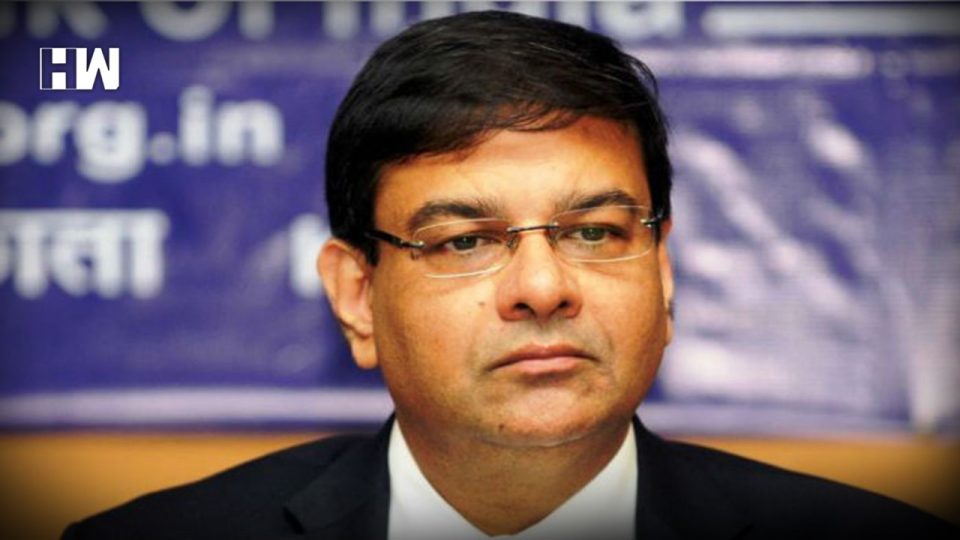New Delhi | Ahead of the Narendra Modi government’s Union Budget in Lok Sabha today, former Reserve Bank on India governor Urjit Patel has warned that the Union government’s idea of deploying public sector banks to kick start growth via mass-scale lending without proper regulation will lead to the problem of non-performing asset situation (NPA) once again.
As per Urjit Patel’s presentation at Stanford University’s 19th Annual Conference on Indian Economic Policy, Temptation to reset ‘back to the past’ should be eschewed. He said, “Short-cuts or sweeping the problem under the carpet is unlikely to work; will only delay unlocking of capital, and come in the way of financing future investment efficiently,” he said.
The former RBI governor said the process of kick-starting the growth cycle by nudging government-owned banks to pump-prime the economy has the ability to culminate into “a vicious cycle”. He said that as the “government’s headroom for running higher fiscal deficits is exhausted, GBs (government-owned banks) are nudged to (over) lend to pump-prime the economy or boost preferred sectors”.
“But this leads to higher NPAs over time, which requires equity infusion from the government, and this eventually adds to the fiscal deficit and sovereign liabilities in due course, anyway,” he added.
Patel further blamed stakeholders such as the government, lenders, and regulators for their failure to play their role in checking the NPA situation. He said, “Plenty of blame to go around! Prior to 2014, all stakeholders failed to play their role adequately.”
Urjit Patel had served as the 24th Governor of the Reserve Bank of India from September 2016 to December 2018.
With Inputs from Agencies…
As an independent media platform, we do not take advertisements from governments and corporate houses. It is you, our readers, who have supported us on our journey to do honest and unbiased journalism. Please contribute, so that we can continue to do the same in future.

